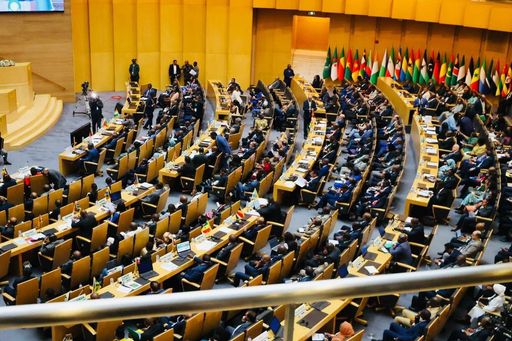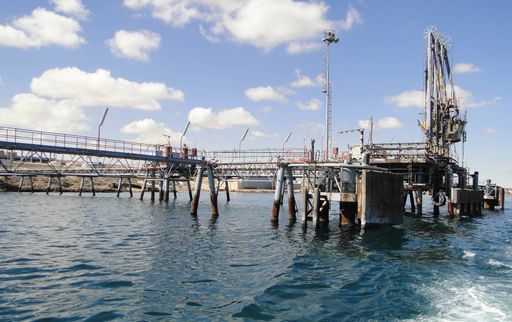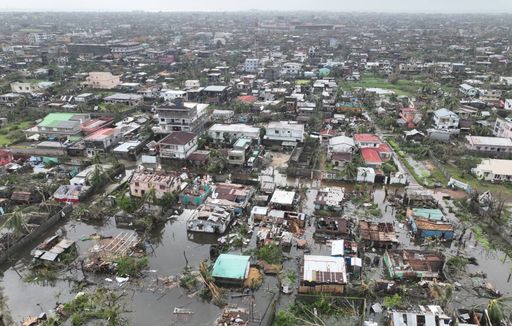Sport
Guinea-Conakry is home to the world's largest reserves of bauxite, the main ore used to produce aluminium.
The military government of Guinea-Conakry has taken back at least 51 mining licences as it steps up efforts to repossess claims or concessions where operations have either not been launched or where it says permits are being underutilised, its information minister said.
Fana Soumah announced in a televised address late Thursday night that Guinea's military ruler Mamady Doumbouya had signed the repossession decree, which covers bauxite, gold, diamond, graphite and iron concessions.
The concessions had been "returned free of charge to the state," Soumah said, citing multiple articles in Guinea's mining code as legal justification for the licence withdrawals.
Abundant resources
Guinea is home to the world's largest reserves of bauxite, the main ore used to produce aluminium, and its exports are crucial to global production of the industrial metal, particularly in China and Russia.
It had previously moved to withdraw bauxite licences belonging to Kebo Energy SA and Emirates Global Aluminium.
"Government pressure on Guinea's bauxite industry is building," said Tom Price, investment bank Panmure Liberum's head of commodities.
"We suspect Guinea's government is consolidating the number of foreign bauxite miners, and forcing the reformed industry to invest in local downstream processing capacity," he added.
Inconsequential players
However, another analyst familiar with Guinea's mining sector operations, who asked not to be named, said the companies affected by the decree were inconsequential players.
Guinean authorities did not respond to requests for comment on their planned next steps.
The decree affects mining operations with licences granted between 2005 and 2023. Some of the permits had already expired, while others would have still remained valid for decades.
The move reflects an increasingly changing operating climate in West Africa, where military governments in Niger, Mali and Burkina Faso have tightened control over mineral assets since 2020 in a bid to boost revenues and assert sovereignty.
Comments
No comments Yet




















Comment